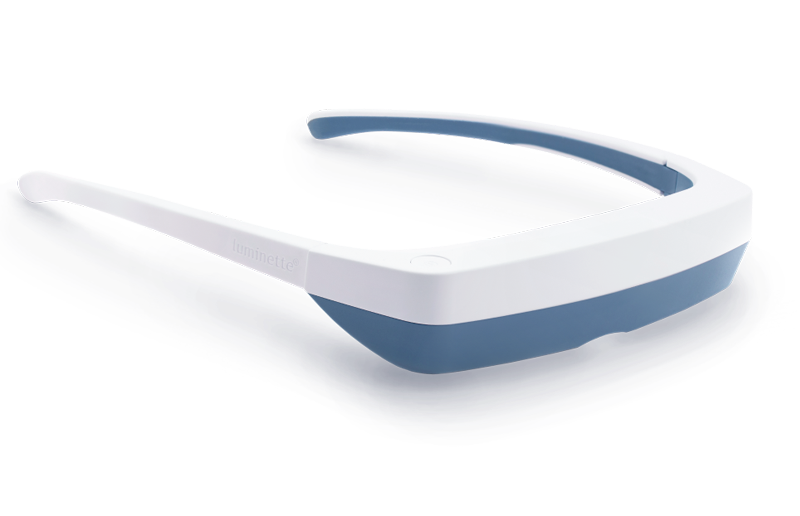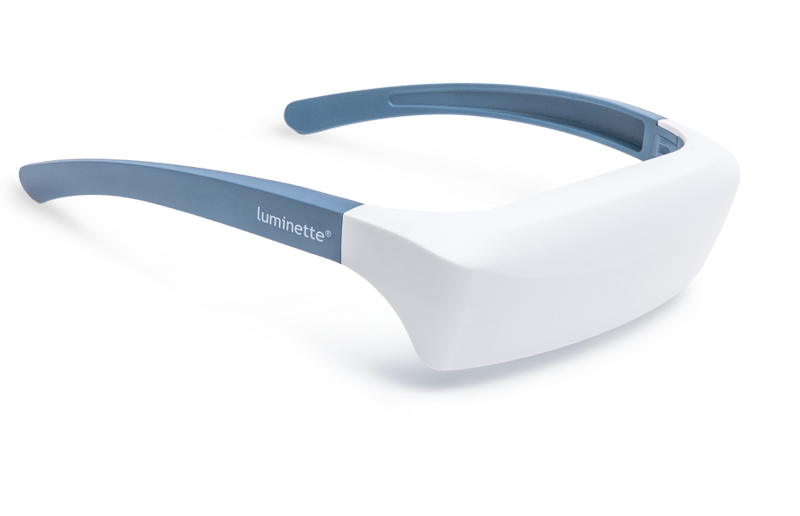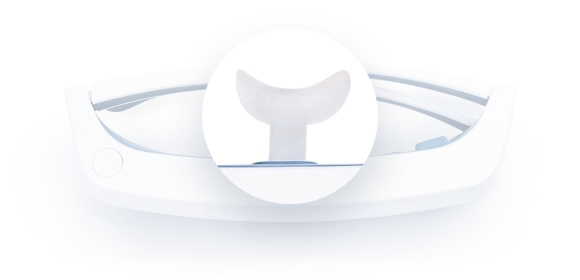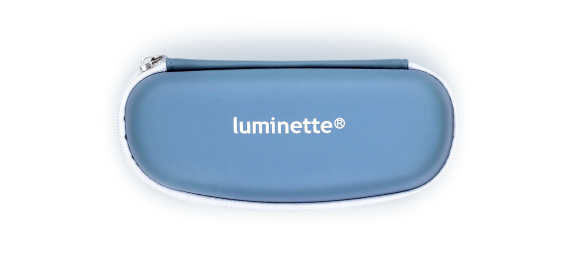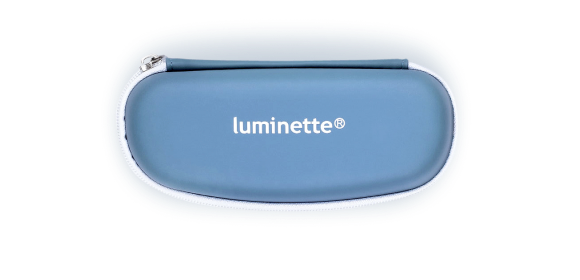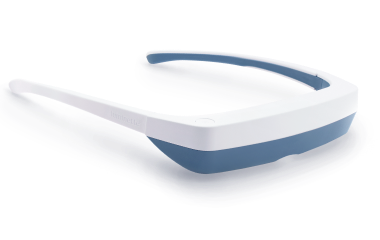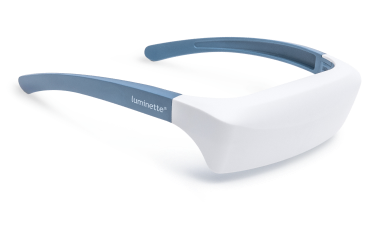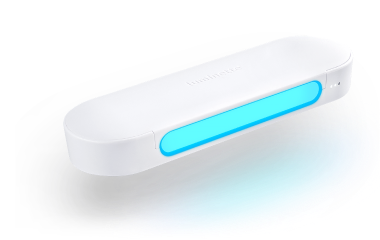Are you feeling constantly tired despite getting enough sleep? Have you wondered if there's a simple way to boost your energy levels naturally? Many people are turning to vitamins and supplements in search of an energy boost, and one in particular has garnered much attention—vitamin D. In this article, we'll explore whether vitamin D can give you energy. We'll uncover what vitamin D is, how it functions in your body, and the best ways to boost your vitamin D levels. By the end, you'll have a comprehensive understanding of how vitamin D could be the key to revitalizing your energy levels.
What is Vitamin D?
Vitamin D, often referred to as the "sunshine vitamin," is essential for our overall health. Unlike most vitamins, vitamin D acts more like a hormone. It's produced by our bodies when our skin is exposed to sunlight. This unique attribute sets it apart from other vitamins that we need to obtain mainly through diet and supplements.
There are two primary sources of vitamin D:
- Sunlight—When ultraviolet B (UVB) rays from the sun hit our skin, they trigger the synthesis of vitamin D.
- Diet—Foods such as fatty fish, egg yolks, and fortified dairy products are excellent sources of vitamin D.
Types of Vitamin D: D2 vs. D3
Vitamin D comes in two main forms—D2 (ergocalciferol) and D3 (cholecalciferol). While both types fulfill the same function in the body, they come from different sources:
- Vitamin D2 is mostly found in plant-based foods and fortified products.
- Vitamin D3 is found in animal-based foods and is also produced by our skin in response to sunlight.
Studies suggest that vitamin D3 is more effective at raising and maintaining overall vitamin D levels in the blood compared to D2.
How Vitamin D Functions in the Body
Vitamin D plays a crucial role in maintaining several important bodily functions. Once produced in the skin or ingested through diet and supplements, vitamin D undergoes two key conversion processes—in the liver and the kidneys—before becoming active. This active form of vitamin D then works to regulate calcium and phosphorus balance in the bloodstream, which is essential for maintaining healthy bones and teeth. Beyond its well-known role in bone health, vitamin D also supports the immune system, enhances muscle function, and reduces inflammation. These wide-ranging effects highlight the importance of maintaining adequate vitamin D levels for overall well-being.
Role in Calcium Absorption
One of the primary roles of vitamin D is to facilitate the absorption of calcium in our intestines. Calcium is crucial for maintaining strong bones and teeth. Without adequate vitamin D, our bodies struggle to absorb the calcium we consume, which can lead to weakened bones and conditions such as osteoporosis.
Impact on Immune System
Vitamin D also plays a significant role in bolstering our immune system. It enhances the pathogen-fighting effects of monocytes and macrophages—white blood cells that are important parts of our immune defense—and decreases inflammation. Adequate levels of vitamin D can help our bodies fend off infections and recover more swiftly from illnesses.
Influence on Muscle Function
Vitamin D is vital for muscle function. It enhances muscle protein synthesis, strength, and mass. Studies have shown that adequate vitamin D levels can improve muscle performance and reduce the risk of falls and fractures, particularly in older adults.
How Does Vitamin D Give Energy?
While vitamin D is not a direct source of energy like carbohydrates or fats, it plays a crucial role in maintaining energy levels. Vitamin D indirectly supports energy production by ensuring optimal muscle function and immune system performance. When your muscles are functioning properly and your immune system isn't overburdened, you're less likely to feel fatigued.
Additionally, vitamin D influences mood-regulating neurotransmitters like serotonin. Low levels of serotonin are linked to fatigue and depression. By boosting serotonin levels, vitamin D can help improve your overall mood and energy levels.
Vitamin D Deficiency and Fatigue
A deficiency in vitamin D is a common issue that can lead to chronic fatigue. Symptoms of vitamin D deficiency include:
- Persistent tiredness
- Muscle weakness
- Joint pain
- Mood swings
Several studies have highlighted the correlation between low vitamin D levels and increased fatigue. If you're experiencing unexplained fatigue, it may be worthwhile to check your vitamin D levels.
Ways to Boost Vitamin D Levels
Boosting your vitamin D levels is essential for maintaining good health and vitality. Thankfully, there are multiple ways to ensure you're getting enough of this crucial nutrient. From dietary changes to lifestyle adjustments, increasing your vitamin D intake can be both simple and highly effective. Below, we'll explore some of the best strategies to help you enhance your vitamin D levels naturally and through supplementation, ensuring you remain energized and healthy.
Dietary Sources
Incorporating vitamin D-rich foods into your diet is a simple way to boost your levels. Some of the best dietary sources include:
- Fatty fish like salmon, mackerel, and sardines
- Egg yolks
- Fortified foods such as milk, orange juice, and cereals
- Cheese
Sun Exposure Guidelines
Sunlight is a significant natural source of vitamin D. Spending about 10-30 minutes in midday sunlight several times a week can help maintain adequate vitamin D levels. However, factors like skin type, location, and season can influence the amount of vitamin D produced. Always remember to protect your skin to avoid the risks associated with UV exposure.
Supplementation
If getting enough vitamin D from diet and sunlight is challenging, supplements can be an effective solution. Vitamin D3 supplements are generally recommended over D2 due to their superior efficacy in raising blood levels of vitamin D. It's advisable to consult with a healthcare provider to determine the appropriate dosage based on your specific needs.
Light Therapy
For those living in regions with limited sunlight, light therapy can be an alternative method to boost vitamin D levels. Devices like the myluminette offer light therapy solutions that can mimic sunlight exposure, helping your body synthesize vitamin D even during the darker months.
Factors Contributing to Vitamin D Deficiency
Despite its many important roles, vitamin D deficiency is quite common, especially in certain populations. There are several factors that can contribute to vitamin D deficiency, including limited sun exposure, which is the primary source of vitamin D for most people. Other factors include living in regions with little sunlight, having darker skin, being overweight or obese, and certain medical conditions that affect the body's ability to absorb or metabolize vitamin D. Additionally, some people may not get enough vitamin D from their diet, as it is found naturally in only a few foods, such as fatty fish and egg yolks. Factors such as these can lead to a vitamin D deficiency, which can have a range of negative health effects.
Symptoms of Vitamin D Deficiency: What to Look Out For
When your body doesn't get enough vitamin D, it can cause a range of symptoms, some of which are subtle and easy to miss.
- The most well-known symptom of vitamin D deficiency is weakened bones, which can lead to conditions like osteoporosis and an increased risk of fractures.
- Other symptoms can include fatigue, muscle weakness, depression, and a weakened immune system, which can increase your risk of infections and illnesses.
- In more severe cases, vitamin D deficiency can lead to conditions like rickets in children and osteomalacia in adults, both of which cause weakened bones and muscle weakness.
If you're experiencing any of these symptoms, it's important to talk to your healthcare provider, who can help you determine if you have a vitamin D deficiency and recommend the appropriate treatment.
Vitamin D for Infants and During Pregnancy
Vitamin D is especially important for infants and pregnant women. Breastfed infants may not receive adequate vitamin D from breast milk alone, since the amount of vitamin D in breast milk is often low. As a result, it is recommended that breastfed infants receive a daily supplement of 400 international units (IU) of vitamin D from birth until they are weaned to formula or until they consume adequate amounts of vitamin D-fortified foods. Pregnant women also require adequate amounts of vitamin D to support fetal growth and development. Low vitamin D levels during pregnancy have been linked to an increased risk of preeclampsia, gestational diabetes, and low birth weight. Pregnant women are advised to speak with their healthcare provider about their vitamin D status and whether they need to take supplements.
Sources of Vitamin D: Sunlight, Food, and Light Therapy
There are multiple sources from which one can obtain vitamin D. One of the most common sources is sunlight, which triggers vitamin D production in the skin. However, getting enough vitamin D solely from sunlight can be difficult, especially for those who live in areas with limited sunlight or who wear clothing that covers most of their skin.
In addition to sunlight and food, another way to obtain vitamin D is through light therapy, also known as phototherapy. This treatment involves exposing the skin to specific wavelengths of light, which can stimulate vitamin D production.
Many foods, such as fatty fish (salmon, tuna, and mackerel), egg yolks, cheese, and beef liver, contain vitamin D. Additionally, some foods, like milk, orange juice, and cereals, are fortified with vitamin D to help individuals meet their daily requirements. Vitamin D supplements are also available for those who have difficulty getting enough vitamin D from food or sunlight.
"Does light therapy increase vitamin D?" is a common question. Light therapy glasses can indeed aid in vitamin D production through their effect on the skin. When the skin is exposed to ultraviolet (UV) radiation, it triggers a process that converts a form of cholesterol in the skin into vitamin D. This process occurs naturally when we are exposed to sunlight but can also be achieved through the use of specialized glasses. It is important to use caution when using light therapy glasses for vitamin D production, as excessive exposure to UV radiation can increase the risk of skin cancer. If you are considering light therapy glasses for vitamin D production, it is best to speak with a healthcare provider who can provide guidance on safe and effective use.
Risks and Symptoms of Excessive Vitamin D Intake
Although vitamin D has many potential health benefits, including strengthening bones and the immune system, excessive consumption of this vitamin can have negative effects on the body.
Symptoms of vitamin D toxicity can include nausea, vomiting, constipation, and weakness. It is important to maintain a balanced and appropriate intake of vitamin D in order to reap its benefits without experiencing any adverse effects. If you are concerned about your vitamin D levels, it is best to speak with a healthcare provider who can provide guidance on proper supplementation and monitoring.
It is important to note that the recommended daily intake of vitamin D varies depending on age and other factors, such as sun exposure and geographic location. While some people may benefit from vitamin D supplementation, others may be able to obtain sufficient levels of the vitamin through diet and sun exposure alone. Additionally, individuals with certain medical conditions, such as kidney disease or sarcoidosis, may need to be cautious with their vitamin D intake.
In conclusion, while vitamin D can provide many health benefits, excessive consumption can lead to negative symptoms and complications. It is important to maintain a balanced and appropriate intake of vitamin D and to speak with a healthcare provider if you have any concerns about your vitamin D levels or supplementation.
Boost Your Energy with Light Therapy
If you’re struggling with fatigue and low energy levels, light therapy can be an effective complement to your vitamin D routine. Especially in darker months or for those who spend most of their time indoors, light therapy helps simulate sunlight exposure, promoting alertness and improved mood. Light therapy works by stimulating photoreceptors in the eyes, influencing circadian rhythms, and enhancing daytime energy levels.
Using Light Therapy Glasses can provide a convenient, portable way to get the necessary exposure, while a Light Therapy Lamp serves as a reliable stationary option for boosting your energy and focus.
Incorporating light therapy alongside vitamin D can make a noticeable difference in energy, helping you feel more refreshed and ready to tackle the day.
FAQ
Does vitamin D give you energy?
Vitamin D plays a crucial role in energy production. While it doesn't give you energy directly, it helps your body in processes that result in energy production. Deficiency of vitamin D can lead to fatigue or tiredness
What is the connection between vitamin D and fatigue?
Vitamin D deficiency can cause fatigue or tiredness, a common symptom in many conditions. It's because vitamin D is vital for bone health and is involved in the healthy function of the immune system and energy production.
How can I increase my vitamin D levels?
You can increase your vitamin D levels by getting more sunlight, eating foods rich in vitamin D like fatty fish and fortified dairy products, or by taking vitamin D supplements after consulting with a healthcare professional.
What are the main sources of vitamin D?
The primary sources of vitamin D are sunlight, dietary sources (such as fatty fish, egg yolks, and fortified foods), and supplements.
How does vitamin D deficiency affect energy levels?
Vitamin D deficiency can lead to chronic fatigue, muscle weakness, and mood swings, all of which can significantly impact energy levels.
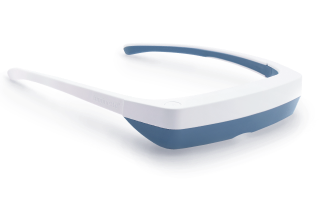
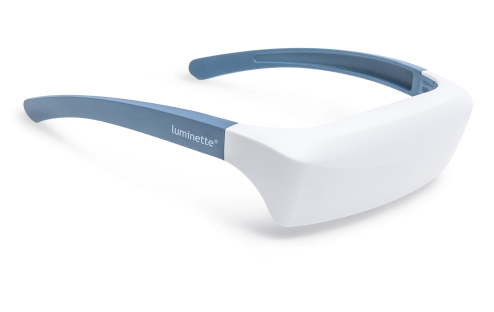
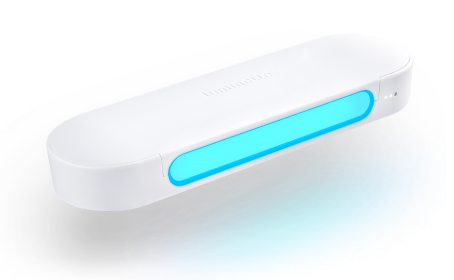
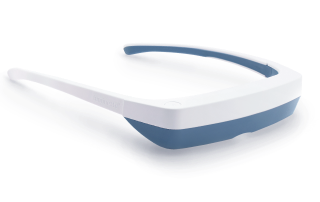
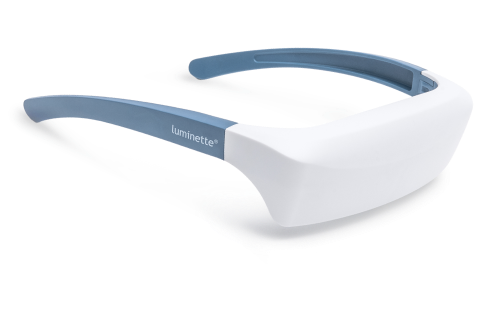
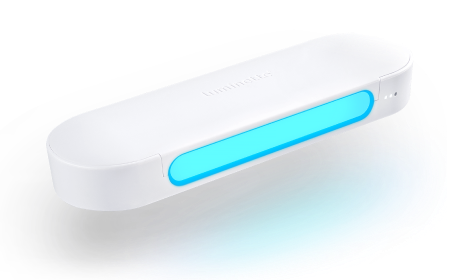
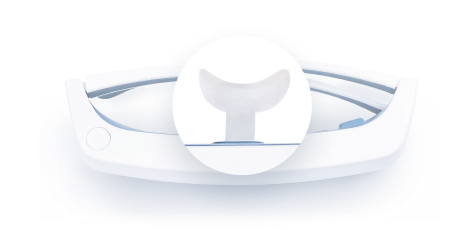
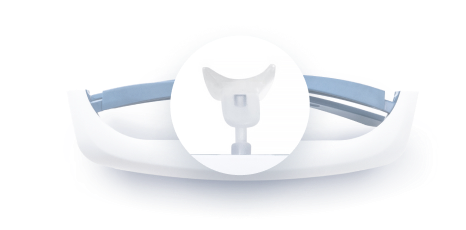
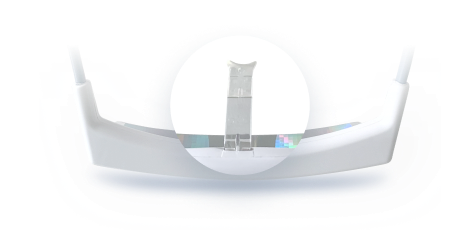


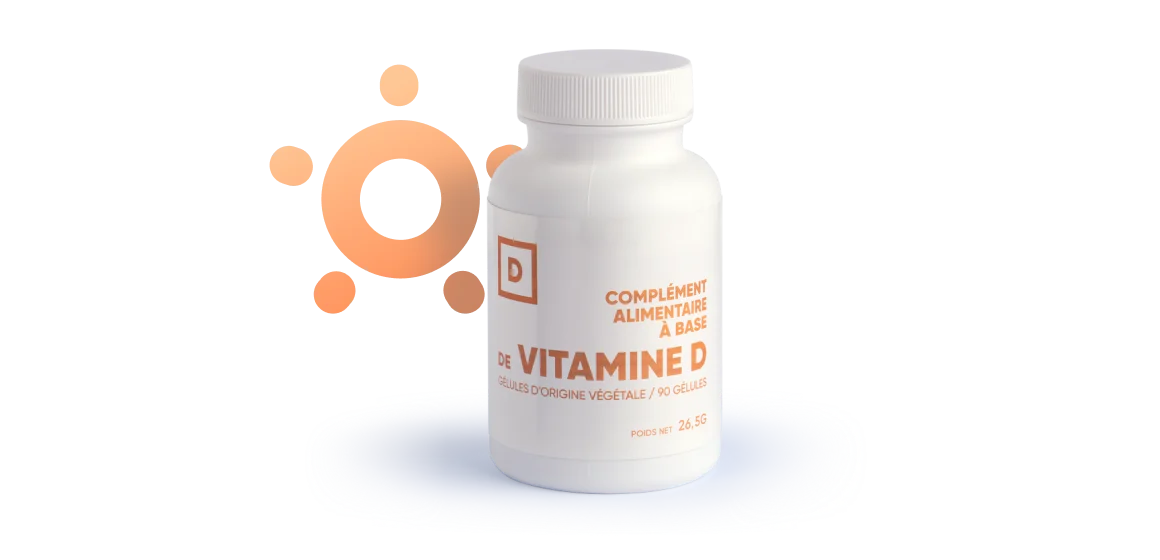



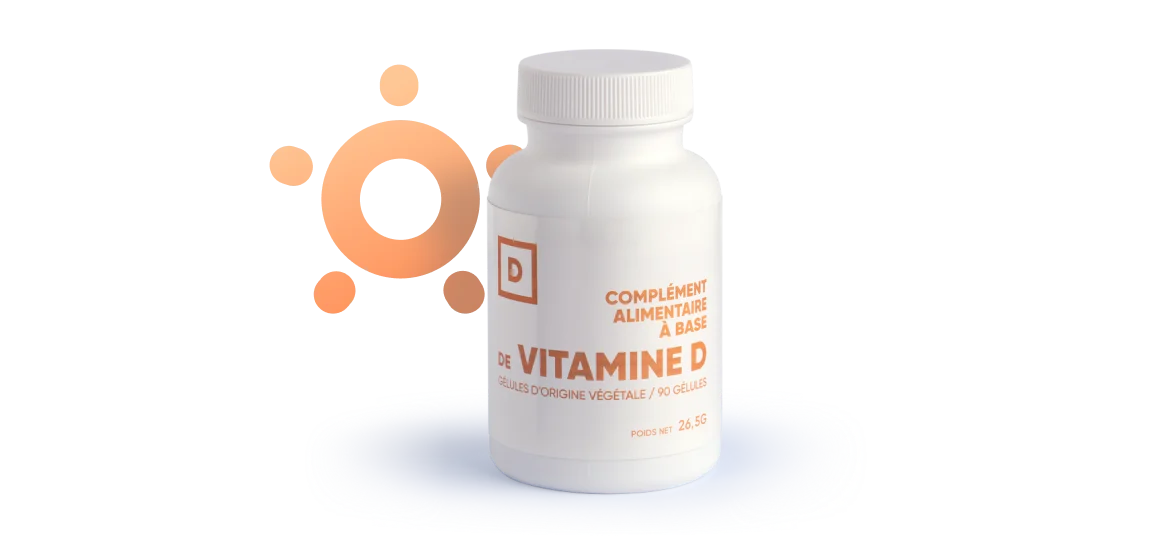

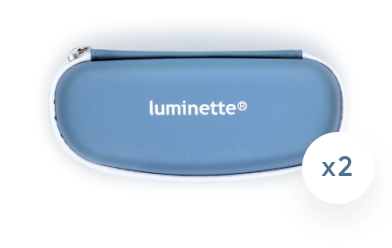
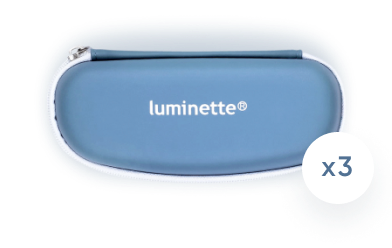

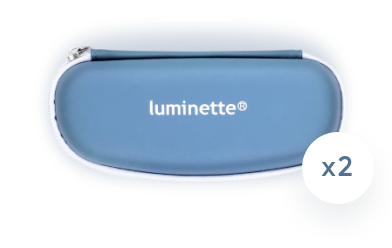
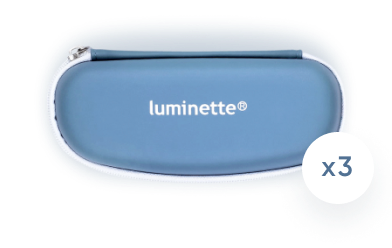
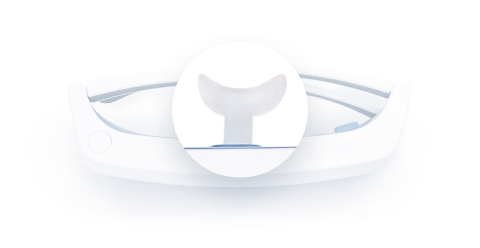
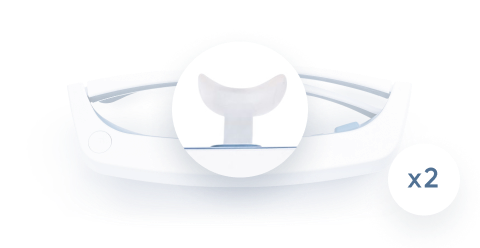
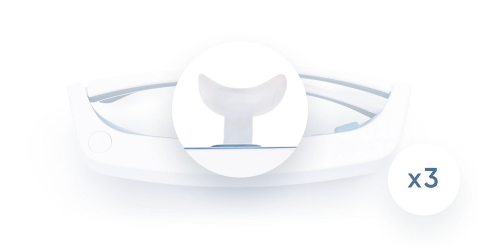
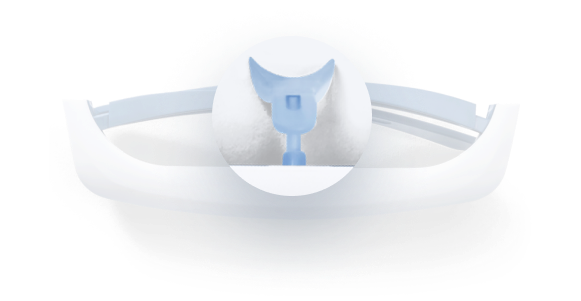
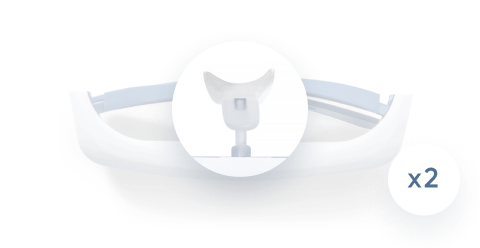
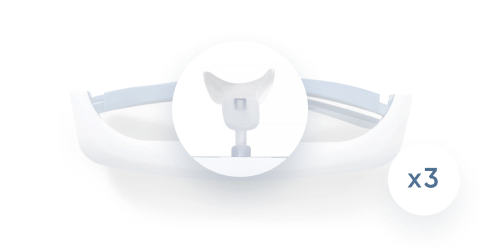
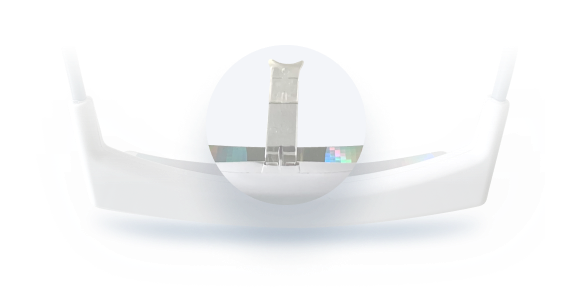
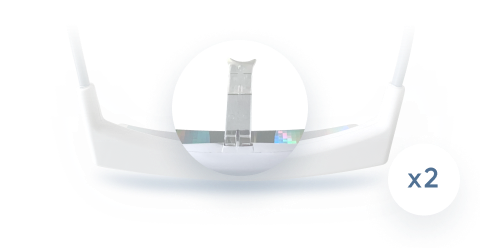
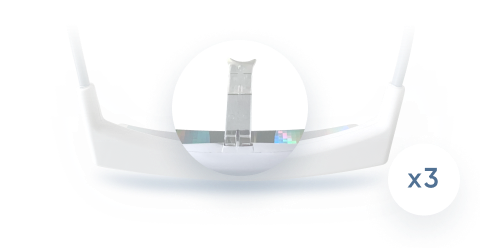
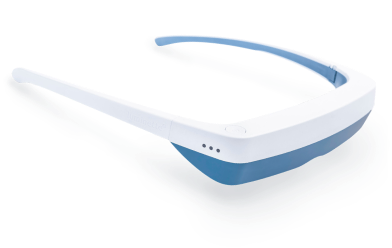
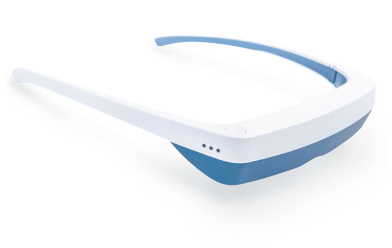
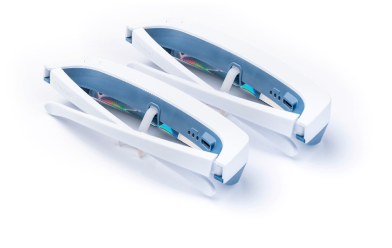
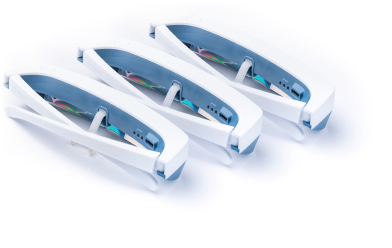
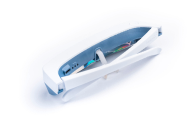

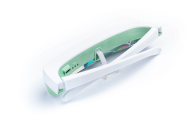

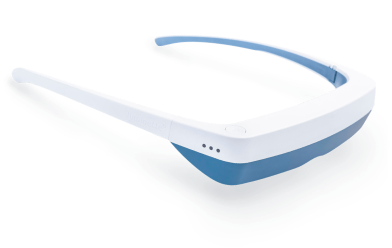
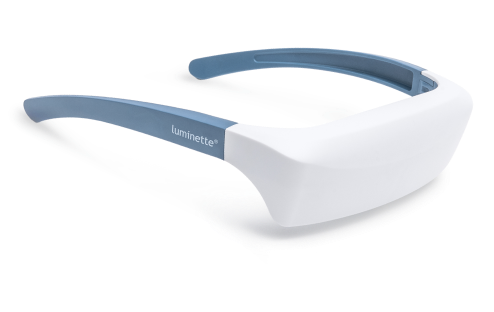
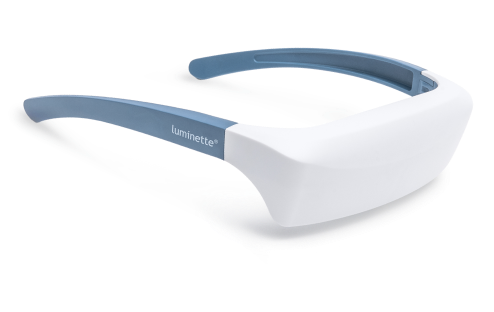
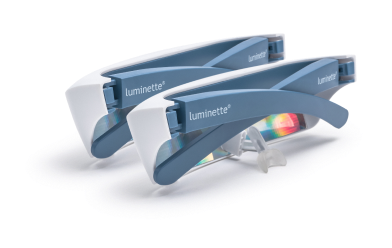
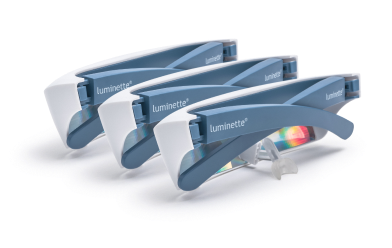
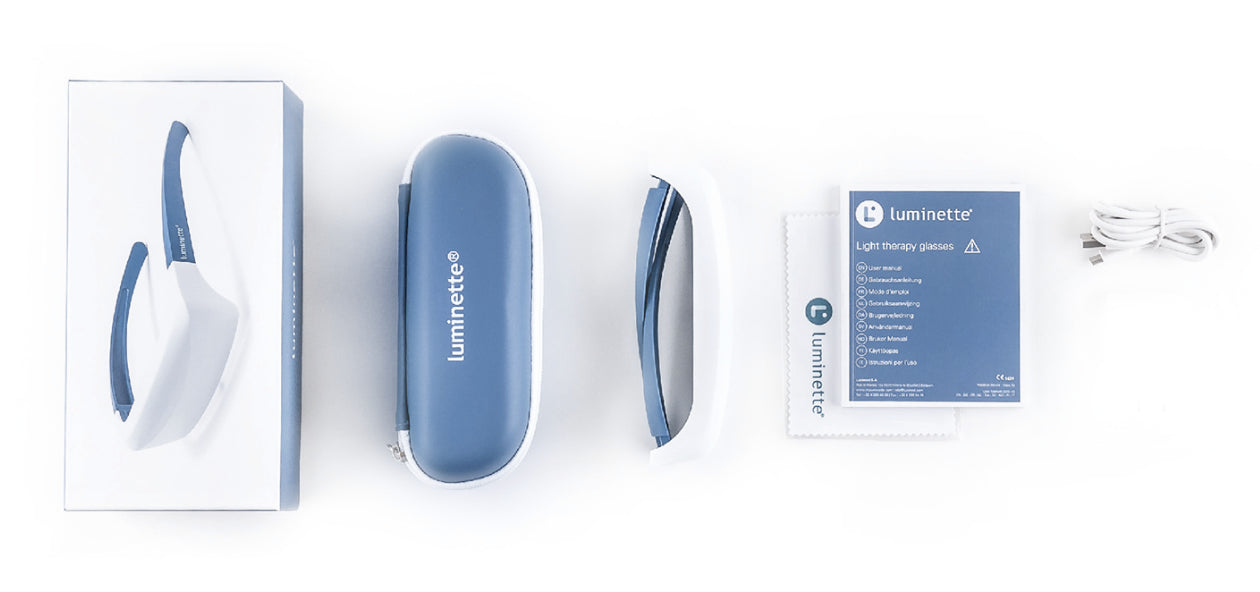
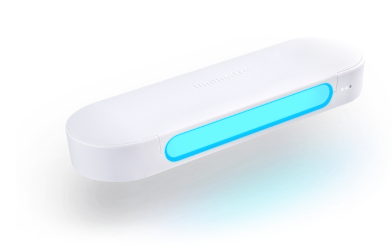
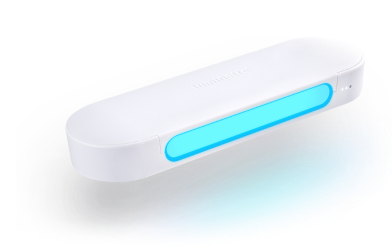
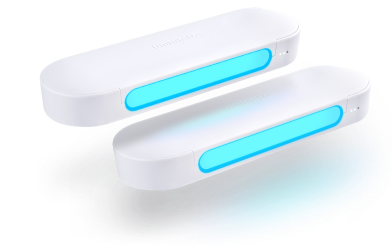
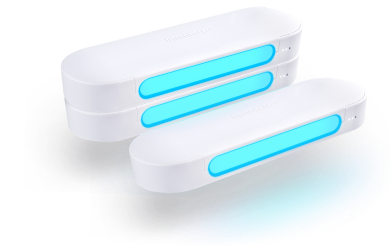
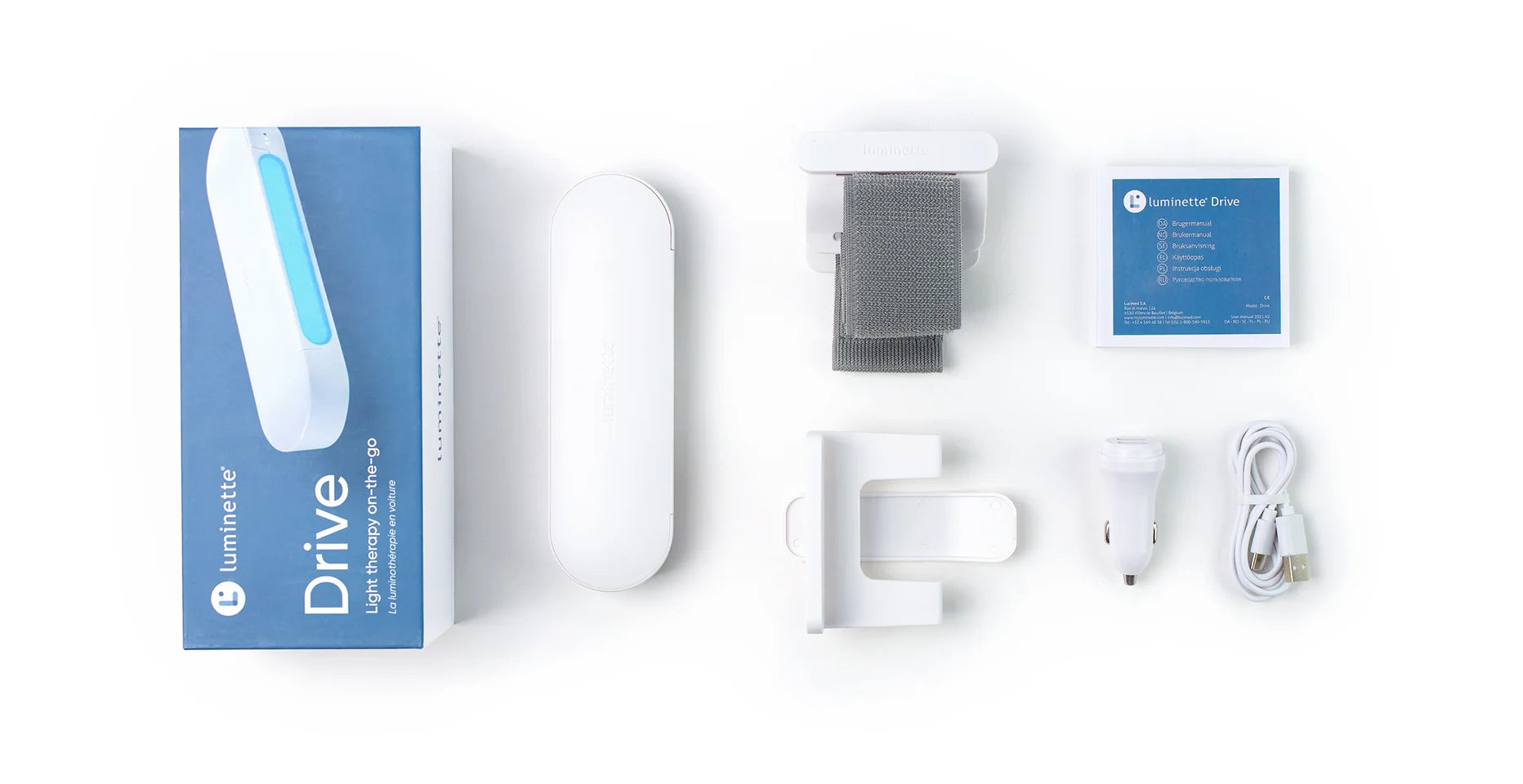
 Please note
Please note


